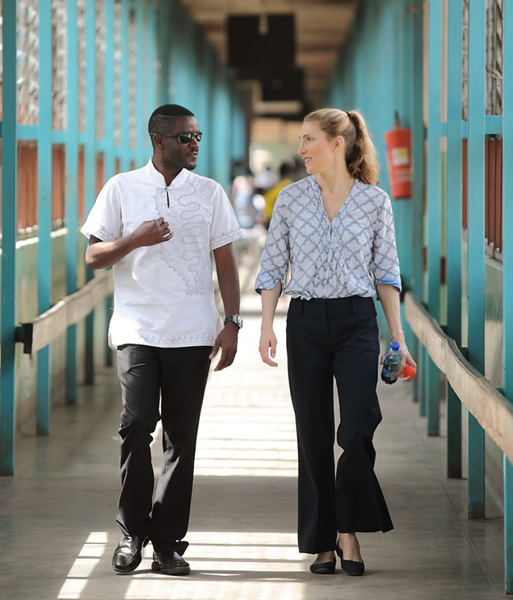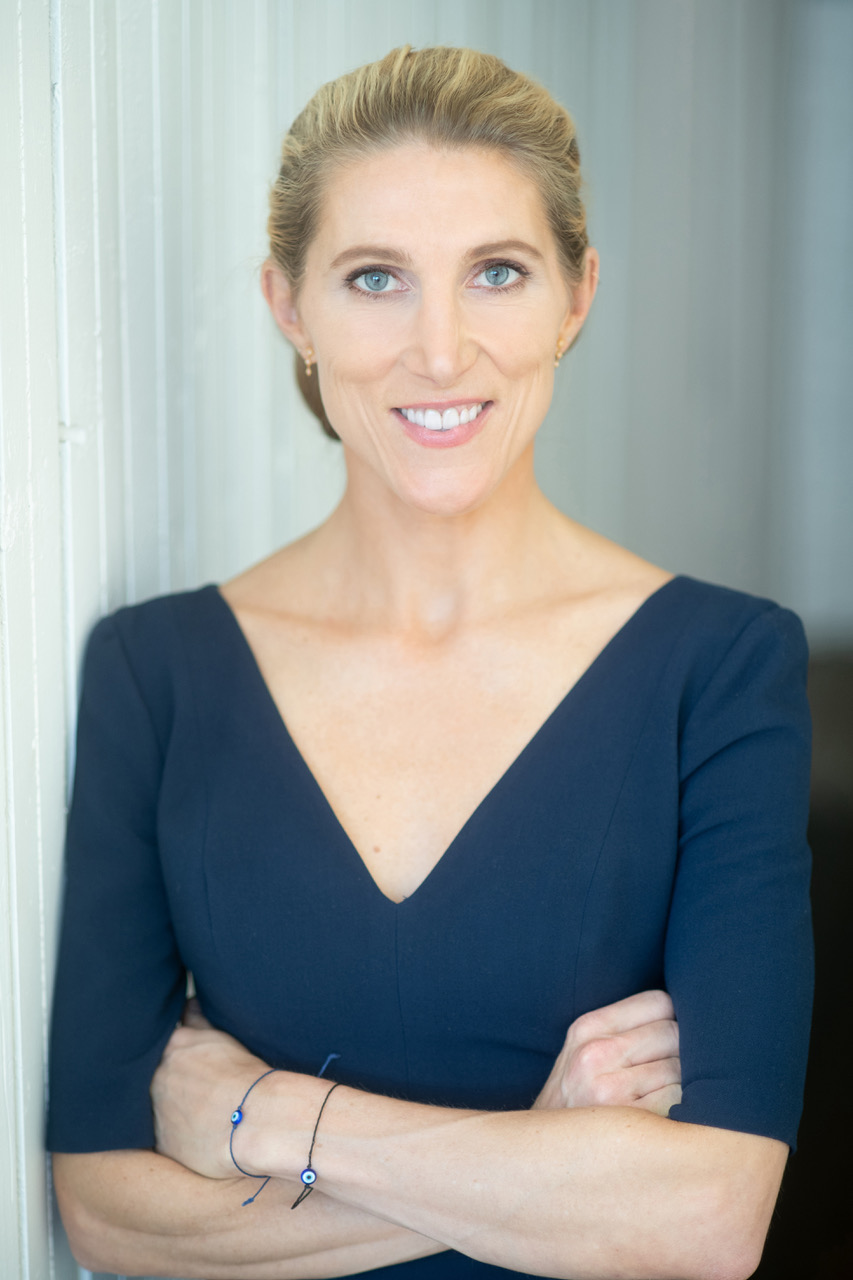 AT THIS PIVOTAL MOMENT in global health, Vanessa Kerry, MD, MSc, is among the Mass General leaders working tirelessly to address the deep-rooted health disparities that have put the world’s most vulnerable populations at higher risk of COVID-19 infection and death.
AT THIS PIVOTAL MOMENT in global health, Vanessa Kerry, MD, MSc, is among the Mass General leaders working tirelessly to address the deep-rooted health disparities that have put the world’s most vulnerable populations at higher risk of COVID-19 infection and death.
In the U.S., the death rate in areas with majority populations of color is six times higher than in majority non-Hispanic white areas, according to analysis by the Harvard T.H. Chan School of Public Health. People living in impoverished, crowded and racially and economically polarized regions are at the greatest risk.
Internationally, across low-income countries, disparities are exacerbated by already overburdened health systems, a shortage of health workers, gaps in health system infrastructure and longstanding critical care capacity issues. For example, the World Health Organization reports that 83 countries do not meet the minimum threshold of 23 health workers (nurses, doctors, and midwives) per 10,000 people. Forty-three of those 83 countries are in Africa.
To raise the quality of patient care globally, Dr. Kerry says, it’s critical to remember that we’re only as strong as our weakest link. Making long-term investments in health workers and systems in resource-limited settings today provides a foundation for them to continue to evolve to solve new community health challenges tomorrow.
“Responding to COVID actually should have started 10 years ago,” Dr. Kerry said. “One of the great investments that we [as an international community] have failed to make has been investing in people: the doctors, nurses, midwives and the places that we work that are a critical backbone of providing care.”
Through her work as Associate Director of Partnerships at the Mass General’s Center for Global Health (CGH) and co-founder and CEO of Seed Global Health—a nonprofit that invests in strengthening health systems by training health professionals in low-resourced communities—Dr. Kerry and her colleagues have focused on mounting a COVID response that is both real-time and enduring, given the likelihood of future pandemics and global health crises.
At the onset of the pandemic, Dr. Kerry and CGH Executive Director Louise Ivers, MD, MPH, DTM&H, collaborated to launch a series of weekly COVID-19 webinars whose topics were determined by listening to the needs of international colleagues. Each webinar gathered an international panel of health experts to provide health workers and administrators with immediate, actionable information and best practices for responding to COVID-19 in low-resourced settings.
By remaining in near-constant communication with scientists, policymakers, caregivers and educators across their global health networks, Dr. Kerry and Dr. Ivers were able to facilitate collaborations and vital discussions around PPE shortages, testing, contact tracing, maternal health and delivery, and more.
Seed partnerships with key training and clinical institutions and ministries of health in Malawi, Sierra Leone, Uganda and Zambia have also enabled the execution of broad, collaborative COVID-19 responses on the ground in those countries. Results have included the co-development of guidelines for maintaining essential health services, the implementation of COVID treatment training activities for clinical staff and support for clinical site preparation.
When Zambia’s Chilenje Hospital experienced its first COVID-19 patients, visiting Seed physicians remained there to deliver health services and provide clinical mentorship. And as of August 20, Seed has helped train more than 292 trainers and clinical staff in Uganda alone.
“The way we approach this is by working with our local colleagues to understand their challenges, their priorities, and then thinking together about how we solve those, bringing evidence to bear to guide what those changes should be, and then enacting actual trainings on the ground to see those processes roll out rather than just dropping them on a desk,” Dr. Kerry said.
By consistently engaging in the adaptation of processes on the ground, CGH and Seed are able to help support innovation locally and disseminate those approaches across the health community. In Zambia, for example, Bassim Birkland, MD, MPH, and Seed Physician Educator Matthew Haldeman, MD, helped train other residents and clinicians on the use of lung point-of-care ultrasound to help diagnose COVID-19 cases when testing is unavailable.
 Domestically, Dr. Kerry has brought her global lens to bear on the systemic disparities that also underlie the U.S. health care system—such as in preexisting conditions and health care coverage. As a Mass General critical care physician, she’s seen firsthand how social determinants put certain demographic and geographic groups at higher risk of coronavirus-related death.
Domestically, Dr. Kerry has brought her global lens to bear on the systemic disparities that also underlie the U.S. health care system—such as in preexisting conditions and health care coverage. As a Mass General critical care physician, she’s seen firsthand how social determinants put certain demographic and geographic groups at higher risk of coronavirus-related death.
In a recent Globe op-ed, she highlighted the relative resilience of nations that have invested in public health and health equity: “In Rwanda, which 25 years ago was seen as a post-genocide failed state, investments in training of its local health workforce, increases in access to primary care, and the development of a health-financing system has resulted in some of the most precipitous declines in HIV, tuberculosis, and maternal mortality of any country in the last 20 years.” The country of 12 million people had only seen 22 of the African continent’s 936,000 COVID-19 deaths as of September 15.
Dr. Kerry has two major hopes for the global health community as we enter new stages of the pandemic. The first is that people stop focusing on finding silver bullets to solve health care challenges.
“I hope that we realize we’re going to have to dig deep to build the kind of capacity needed to respond to COVID,” she said. “It’s important to think about how to close gaps quickly, but the enduring and resilient changes are going to take time.”
Second, she hopes that “those outside of global health—the ones who are the power brokers, the policymakers, billionaire finance holders—reinvest in the communities and the people around them in a meaningful way. Because without health, and without education, we cannot achieve sustainable progress. And frankly, we go the other way.”

